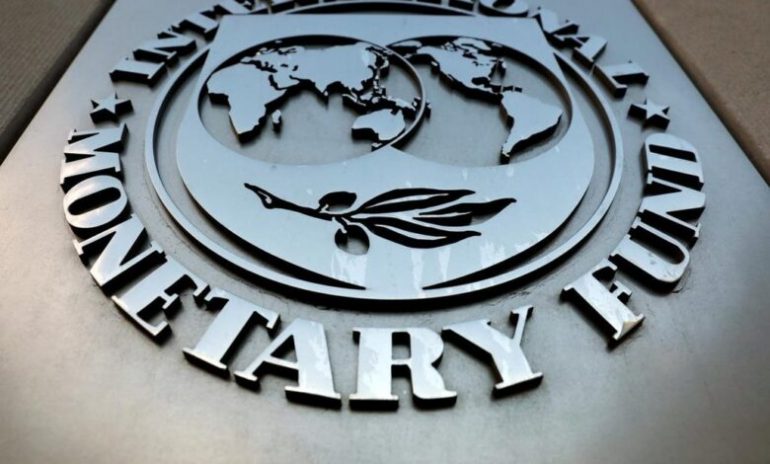The International Monetary Fund (IMF) kept Pakistan’s GDP growth prediction for 2021/22 at 4% but warned that huge differences in COVID-19 vaccine access and policy support in many developing countries could hamper their economic recovery.
The IMF affirmed Pakistan’s preliminary GDP growth rate of 3.9 percent for the preceding fiscal year 2020-21 in its recent report “World Economic Outlook October 2021,” which was released today (13 October). According to the estimate, Pakistan’s unemployment rate will fall from 5.0 percent this fiscal year to 4.8 percent next fiscal year.
Similarly, inflation would decline from 8.9% in 2020-21 to 8.5 percent by the conclusion of the current fiscal year 2021-22. Furthermore, the IMF predicted that Pakistan’s current account deficit, which was 0.6 percent last year, would rise to 3.1 percent in FY2021-22.
The global economic recovery continues, according to the IMF, despite a resurgent pandemic that provided unique policy problems. Since the July projection, the gap in predicted recovery times for different economic categories has expanded, for example, between advanced economies and low-income developing countries.
Analysts said Pakistan’s economy looked to have fared well in the aftermath of the pandemic, and the central bank indicated last month that the speed of recovery had exceeded predictions.
As commercial activity gradually resumed in the second year of the COVID-19 epidemic, the Asian Development Bank expected Pakistan’s GDP to reach 4% in the fiscal year 2021-22 (FY22).
The IMF lowered its global growth prediction for 2021 from 6.0 percent to 5.9 percent in its World Economic Outlook, down from 6.0 percent in July. It maintained its 4.9 percent global growth outlook for 2022.
The IMF stated that “economic divergences are a result of substantial differences in vaccination access and policy support,” and that “dangerous divergences in economic prospects among nations remain a major concern. Emerging and developing economies, faced with tighter financing conditions and a greater risk of de-anchoring inflation expectations, are withdrawing policy support more quickly despite larger shortfalls in output.”
In the current fiscal year, the administration set a goal of 5% GDP growth. The global economic recovery is continuing, according to IMF chief economist Gita Gopinath, despite rising uncertainty and more complex policy trade-offs.
Moreover, the IMF reported stated that “The global recovery continues but momentum has weakened, hobbled by the pandemic. Fuelled by the highly transmissible Delta variant, the recorded global COVID-19 death toll has risen close to 5 million and health risks abound, holding back a full return to normalcy.”
In addition, pandemic outbreaks in important global supply networks have caused supply disruptions that have lasted longer than predicted, fuelling inflation in many nations.



